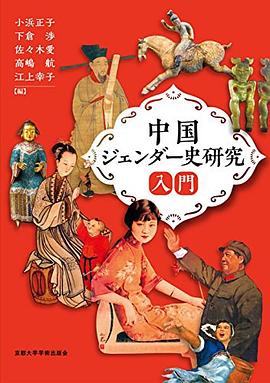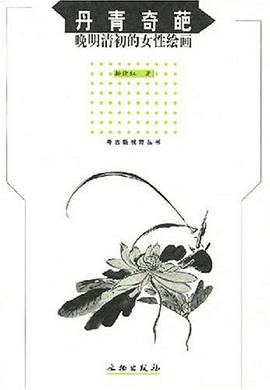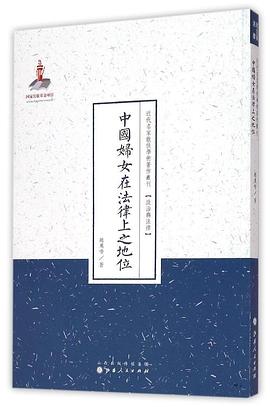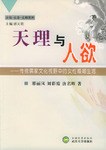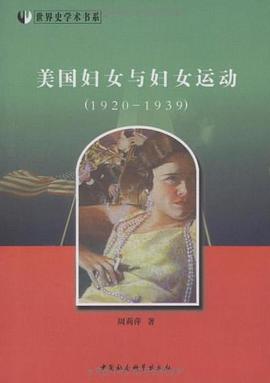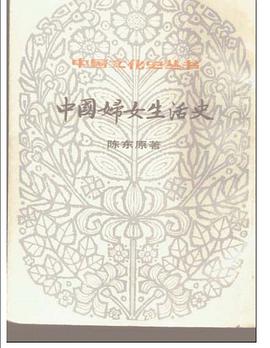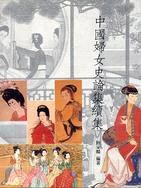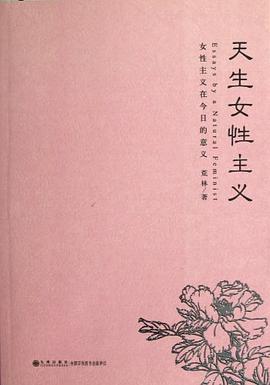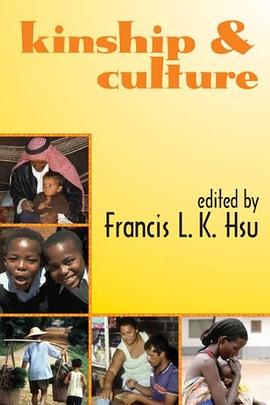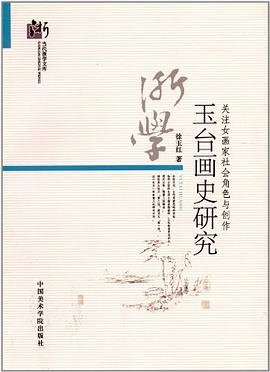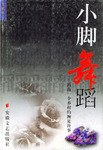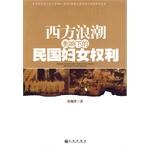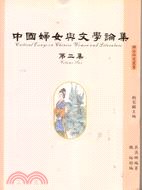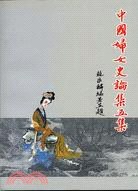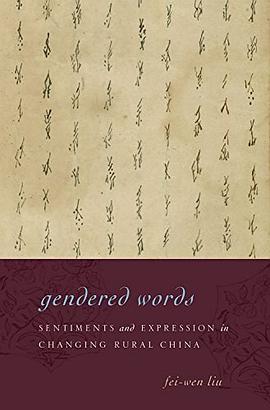

ABSTRACT
This book explores the world’s only gender-defined and now disappearing “women’s script,” known as nüshu, script circulated exclusively in Jiangyong County of Hunan Province in south China. Based on twenty years of fieldwork conducted since 1992, this book uses nüshu in conjunction with its affiliated singing tradition nüge (women’s song), complemented by a life narrative approach, to unfold peasant women’s lifeworlds that constitute a summation of shifting realities that engage women’s voice (sentiments and perspectives), expression/performance, and practice. Anchored in the life histories of four Jiangyong women born in the 1910s, 1930s, and 1960s—each representative in her own distinct way—and their practice of nüshu and nüge, this book forefronts aspects of China’s changing social milieu and illuminates peasant women’s intelligence, resilience, and virtues with which they cope with their confronted challenges and make their mark in the world. It addresses what drove peasant women to create a script of their own and write, and how those writings throw new light on how gender is addressed in epistemology and historiography; how an unprivileged social class used marginalized forms of expression, such as singing, to negotiate with the dominant social structure; and how women’s compound expression—a combination of text and performance, writing and singing, sense and sensibility—gives agency to women and allows them to simultaneously pronounce centrifugal and centripetal voices of the society, which illuminates the concept of “expressive depths” and the transformative power of sentiment. Finally, it asks how the politics of salvaging this disappearing cultural heritage have molded a new poetics and rethinks where nüshu might be headed.
具体描述
读后感
评分
评分
评分
评分
用户评价
相关图书
本站所有内容均为互联网搜索引擎提供的公开搜索信息,本站不存储任何数据与内容,任何内容与数据均与本站无关,如有需要请联系相关搜索引擎包括但不限于百度,google,bing,sogou 等
© 2025 book.wenda123.org All Rights Reserved. 图书目录大全 版权所有

